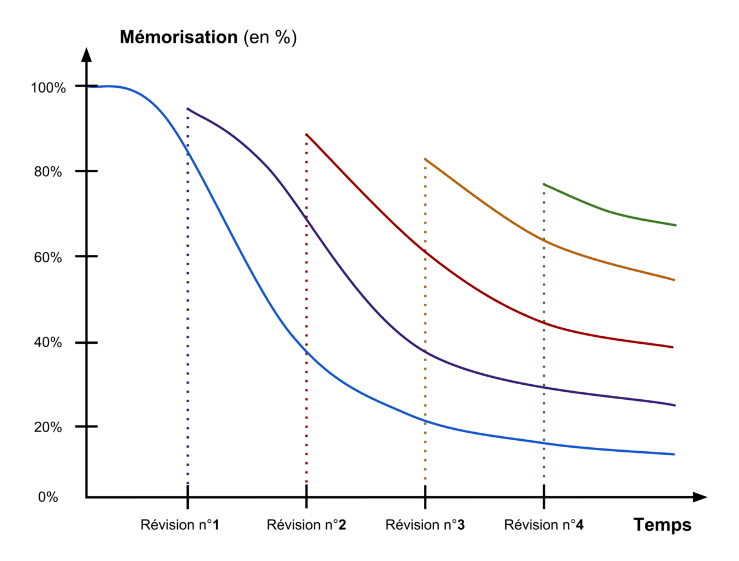Seven tips for optimizing your learning

February 8, 2023
2/8/2023
If you are here, you certainly know that learning a foreign language is not always easy. Between grammar, vocabulary, pronunciation and irregular verbs, it's true that you can quickly get discouraged. That's why I'm going to share with you 7 tips to keep motivated, progress as fast as possible and reach your goals with the French language!
1. Set yourself goals.
Learning a language is long and tedious, so you have to be rigorous. Setting goals is essential to maintain your memory and motivation. Whether it's for vacation, work or everyday French, set yourself challenges and meet them! And if you don't have a specific goal in mind, try the language levels. Why not take the DELF A2, B1 or B2 exams to get a better idea of your level and boost your motivation? You will also be happy to know that they are recognized all over the world.
2. Practice regularly.
Establish a routine. Two days a week for one hour, set aside a time on your calendar to practice French. Watch one of my lessons and do the exercises with me. Review your vocabulary and conjugation or take an online class to practice what you've learned orally. But save those hours for French!
3. Put into context what you learn.
Learned a new word or phrase? Great, now reuse them in context in a sentence. This will help you remember them better.
It's worth it :
- Is it worth driving an hour to see this site?
- Personally, I don't think it's worth it.
4. Review, repeat to make better progress.
You have certainly seen in our courses that we often come back to notions already learned. Indeed, we sometimes have to go back and revise what we have seen in order to consolidate our knowledge and make better progress later on. The Ebbinghaus or forgetting curve illustrates this phenomenon well.

So do the complementary exercises of the lessons, reread your vocabulary lists aloud and revise your conjugation frequently. Depending on your type of memory (visual or auditory), adapt the supports: flashcards, list of recorded words...
5. Speak, speak, and speak.
Practice your French with a teacher. There are several online platforms where you can find good teachers at good prices. Try Italki, Preply or Verbling to name a few. Don't hesitate to do "test" lessons until you find a serious teacher with whom you get along well. Talk as much as you can, apply what we have seen together and don't worry if you make mistakes! Insist that the teacher take notes and underline your most frequent mistakes, so you can read them again later.
6. Watch movies and series in the original version.
From A2 level: watch French movies and series in Original Version with subtitles. This allows you to discover new vocabulary and especially to memorize certain common French expressions. In addition to that, and even if you concentrate a lot on the subtitles, you will work on your oral comprehension as well as your French accent!
7. Diversify your learning (satellite activities).
In addition to a serious and structured French course, it is always a good idea to practice your French in other ways via satellite activities that can make learning fun. Use flashcards or apps like Memrise or Anki to memorize words and phrases or download fun apps like DuoLingo or Babbel to practice in your spare time. You can also read books in easy French, listen to podcasts or watch movies in VO.
Conclusion
That's it! I hope that these tips will be useful to you and I will soon present you with a compilation of the most interesting resources to integrate into your learning of French.

Subscribe to our newsletter
Latest posts
Browse all posts
Subscribe to our newsletter
Stay informed and get a free video

